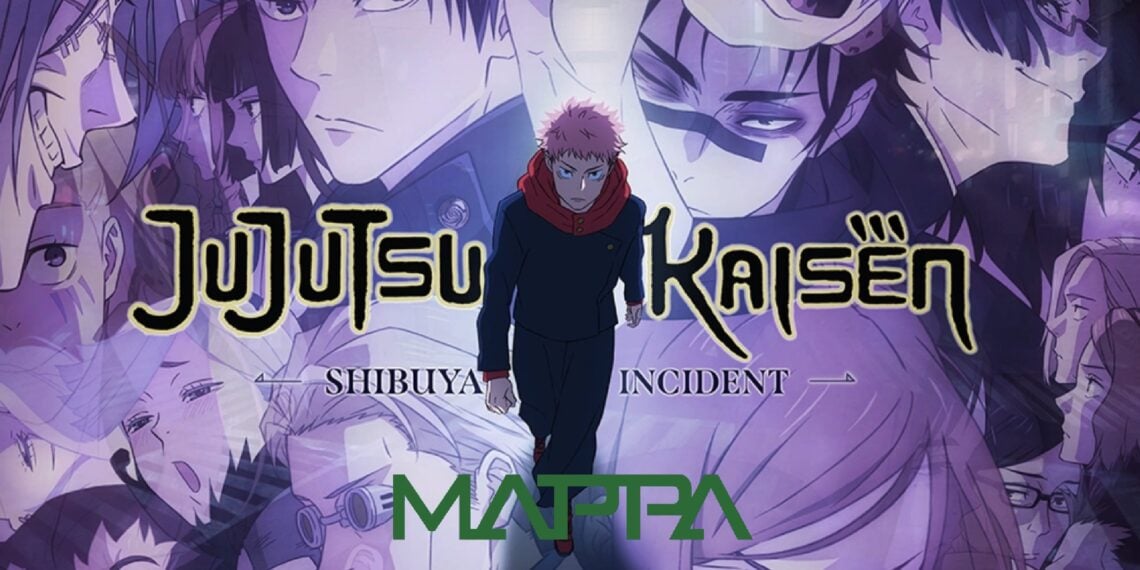The acclaimed second season of the dark fantasy shonen series Jujutsu Kaisen currently streams weekly, with animation studio MAPPA bringing Megumi Fushiguro and Yuji Itadori’s next thrilling misadventures against Cursed Spirits to life with vivid flair.
Though, fans praise the adaptation’s stellar visuals and faithful manga representation, rumors alleging oppressive labor conditions behind the scenes are marring celebrations.
For years, MAPPA’s breakneck production commitments to numerous high-profile anime projects have raised eyebrows and raised questions about whether quality could keep up with the demanding output pace.
But while some fans critiqued MAPPA’s workload capacity, others excused it as speculative rather than substantiated criticism.
These latest reports of management strictly silencing employees facing crushing overtime and poor compensation, however, lend troubling credence to the idea.
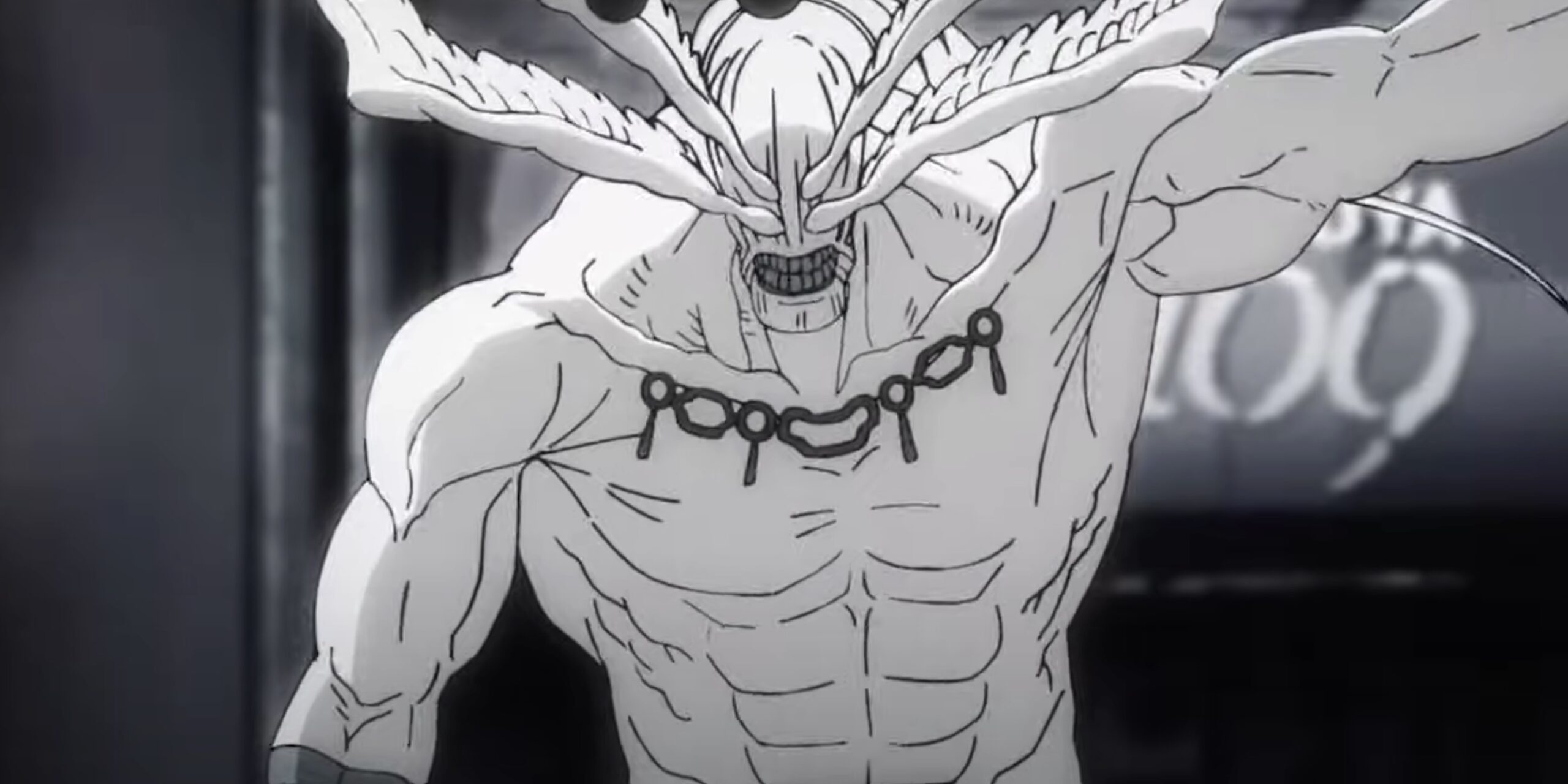
Details remain uncertain; anonymity protects the sources. But sentiments of frustration or even fear toward speaking out openly about conditions frequently surface among creatives in a competitive industry.
Shedding light leads to progress, though; already fans rally in solidarity with animators, demanding accountability and better treatment with calls to boycott or pressure preferential policy changes safeguarding workers’ wellbeing.
Time may reveal the full truths at play. But these rumors should urge a closer assessment of the rights and welfare of talented artists bringing spectacular worlds to global fandoms to consume happily – yet who face grim realities behind fantasy’s curtain. Achieving an ethical equilibrium remains imperative.
MAPPA Studios’ NDA Rumor Sparks Outrage Among Fans and Animators
Disturbing accusations recently appeared online indicating a prominent anime studio requires its animators to sign nondisclosure agreements strictly barring them from openly discussing workplace experiences, be they positive or grievances.
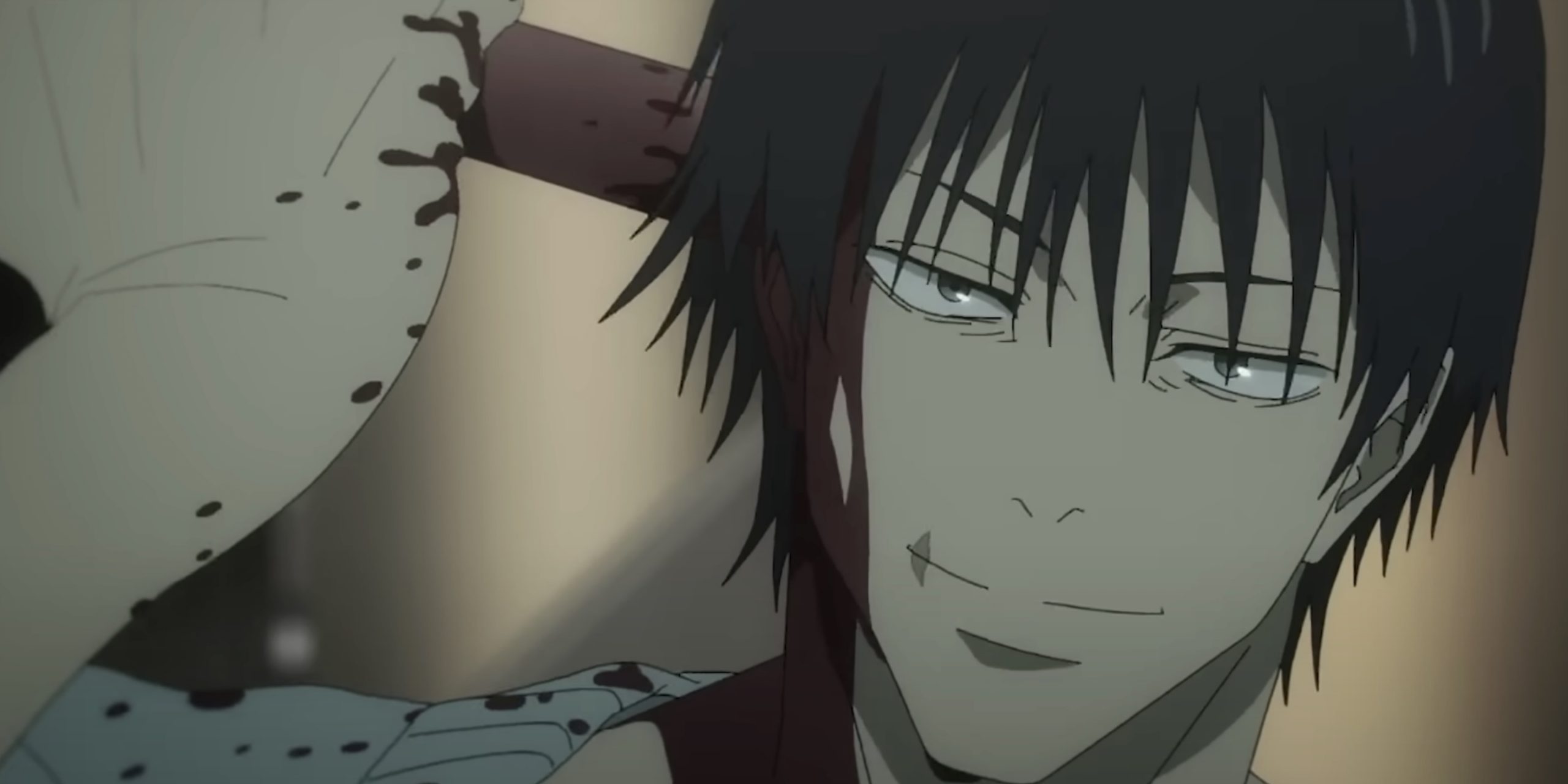
Initially, some speculated the claims referred to BUG FILMS, as original poster JMulli02 has production credits on their current Zom 100: Bucket List of the Dead.
Nondisclosure Agreements and Studio Speculation
However, most observers connected context clues to determine MAPPA Studios as the unnamed target, given that JMulli02 also worked on their highly acclaimed blockbuster series Jujutsu Kaisen.
While infamous for punishing schedules and uncompensated overtime, revelations of MAPPA’s extreme production conditions still provoked outrage from fans.
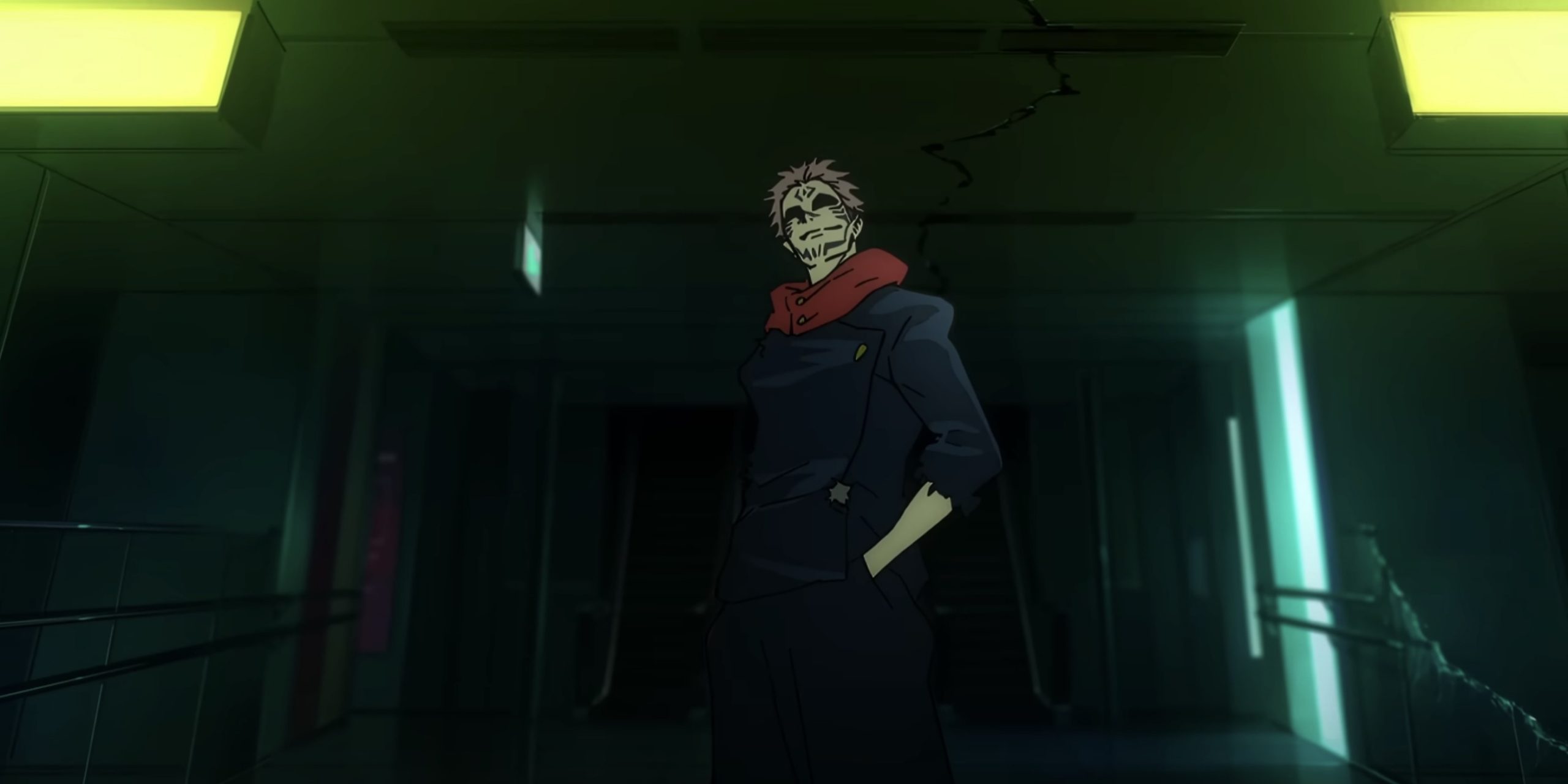
The studio concurrently produces an unprecedented volume of top-tier franchises like Jujutsu Kaisen, Attack on Titan, and Chainsaw Man this season alone. Insiders agree such breakneck pressure necessitates immoral amounts of mandatory employee crunch time just to meet broadcasting demands, now seemingly gagged by NDAs.
Though Japanese work culture clings to the embedded tradition of sacrifice for the collective, MAPPA appears to take advantage by weaponizing contracts, silencing creatives from transparently conveying their suffering, and crafting art fans voraciously consume but remain shielded from ethical cost.
Outcry demands a reconciliation rectifying a system failing both animators and the integrity of the animation artform itself. Until reforms emerge, the glossy veneer of MAPPA’s “Quality over Quantity” motto rings hollow to those crushed, fueling the quantity first.
Outrage Over MAPPA’s Extreme Production Conditions
Troubling rumors accusing a high-profile anime studio of restricting employees from openly discussing workplace conditions through nondisclosure agreements continue provoking outrage.
While initially unnamed, context clues tied accusations to profitable animation giant MAPPA Studios, which is responsible for current hits like Jujutsu Kaisen, Chainsaw Man, and Attack on Titan’s final season.
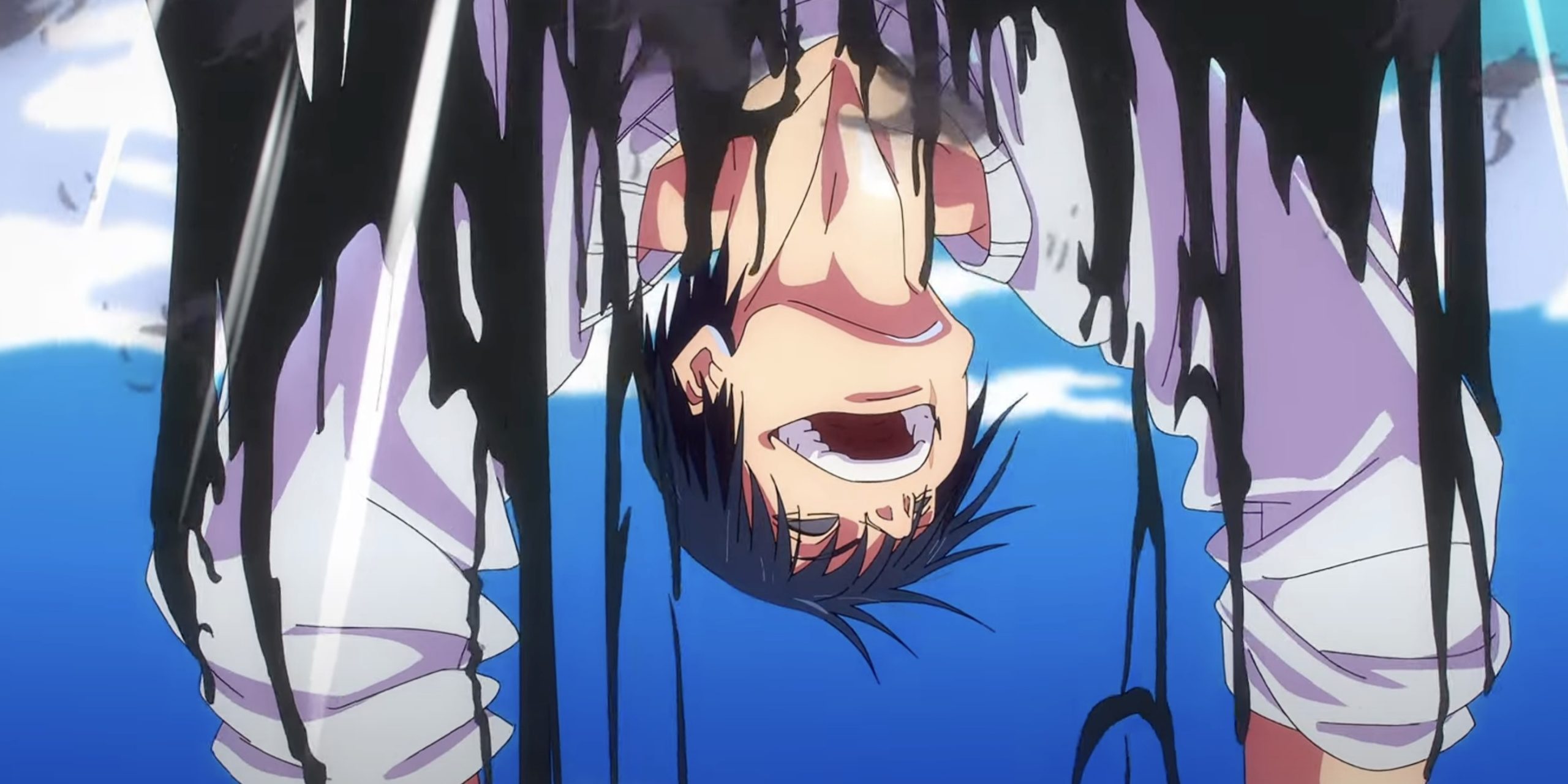
Critics highlight that MAPPA rakes in millions in revenue through global licensing and platforms. With such profitability, fans question the apparent need to exploit overworked, under-compensated animators churning out acclaimed episodes on crushing deadlines.
Even IF such a crunch proved unavoidable for meeting broadcasts, why legally gag these creatives from transparently conveying their own workplace realities?
Accusations imply calculated suppression to maintain a veneer that for all MAPPA’s public “Quality over Quantity” bravado, the company firmly prioritizes quantity through ethically questionable means while muzzling those struggling behind the scenes.
After all, the original whistleblower @JMulli02 faced forced deletion across social media for daring to speak out.
MAPPA has just made the Jujutsu Kaisen Staff sign a confidentiality contract so that they do not express complaints about the production.
WORLD SHAME pic.twitter.com/yh6LK2JCuf
— 皮利克斯 (@cjAus101723) September 30, 2023
Yet solidary ripples spread through the industry. While JMulli02’s tweets vanished, other animators raised their voices against NDAs designed to hide rather than address toxicity in anime’s production system.
These corroborations lend credence to accusations of MAPPA allowing an environment where overworked talent has no voice or power while leadership continues reaping profits. True change starts by giving creatives the dignity and conditions they deserve.
Many fans of the anime Jujutsu Kaisen were troubled by reports about the intense working conditions faced by animators at the animation studio MAPPA.
MAPPA’s Profitability and Questions About Working Conditions
They felt that in most countries outside of Japan, the long hours and stressful environment would actually be illegal. As devoted fans, they sympathized with the animators and wanted to see improvements made to lighten their workload.
Rather than stay silent, fans actively spoke up on social media to voice their concerns. They cared deeply about the show and appreciated the high-quality animation delivered so far under director Shōta Goshozono’s leadership.
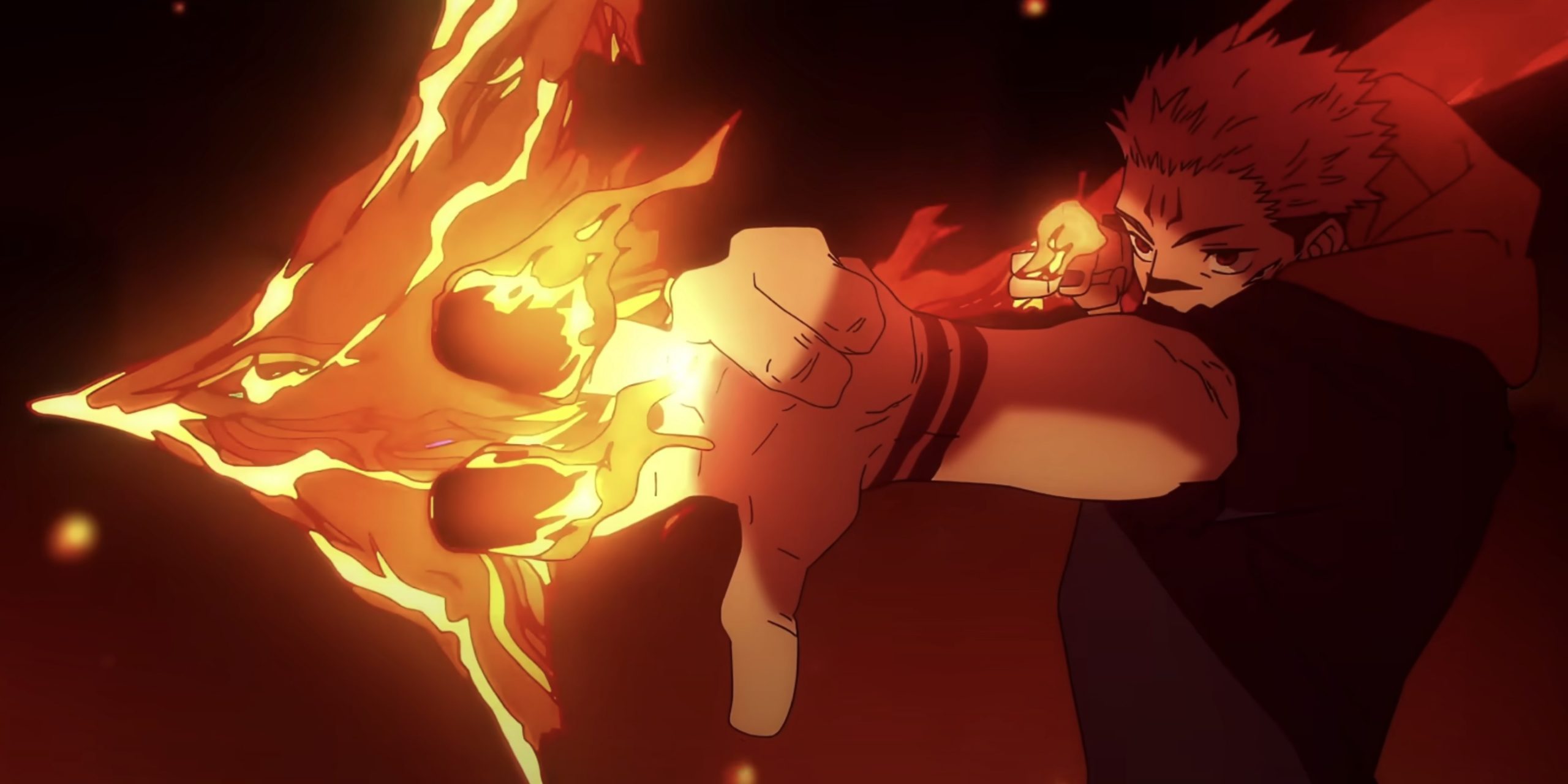
However, they worried such exceptional work could not reasonably be sustained forever under the current system. Fans feared that either the animators’ health or the consistency of the animation itself could eventually suffer if changes were not made behind the scenes to support the talented but overburdened creative team.
Ultimately, fans raised objections because they cared, not because they felt entitled or ungrateful. They believed speaking out could potentially compel studios to evaluate alternative workflows, staffing models, or scheduling approaches, not just for this show but across the industry.
The goal was to push for meaningful reform that allowed brilliant animators like those at MAPPA a more sustainable and humane career path rather than burnout after a short stint of superb but crushing overwork.

